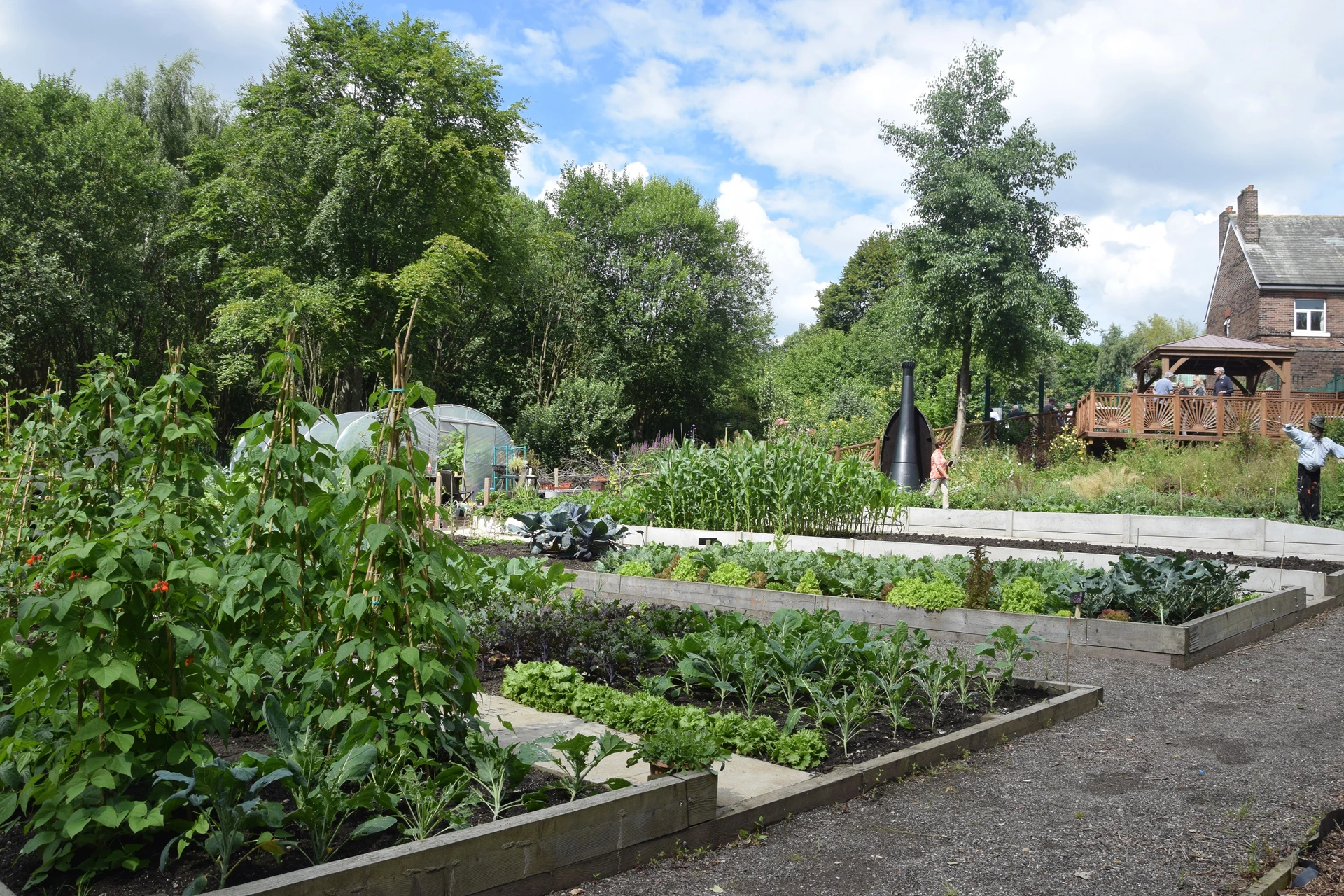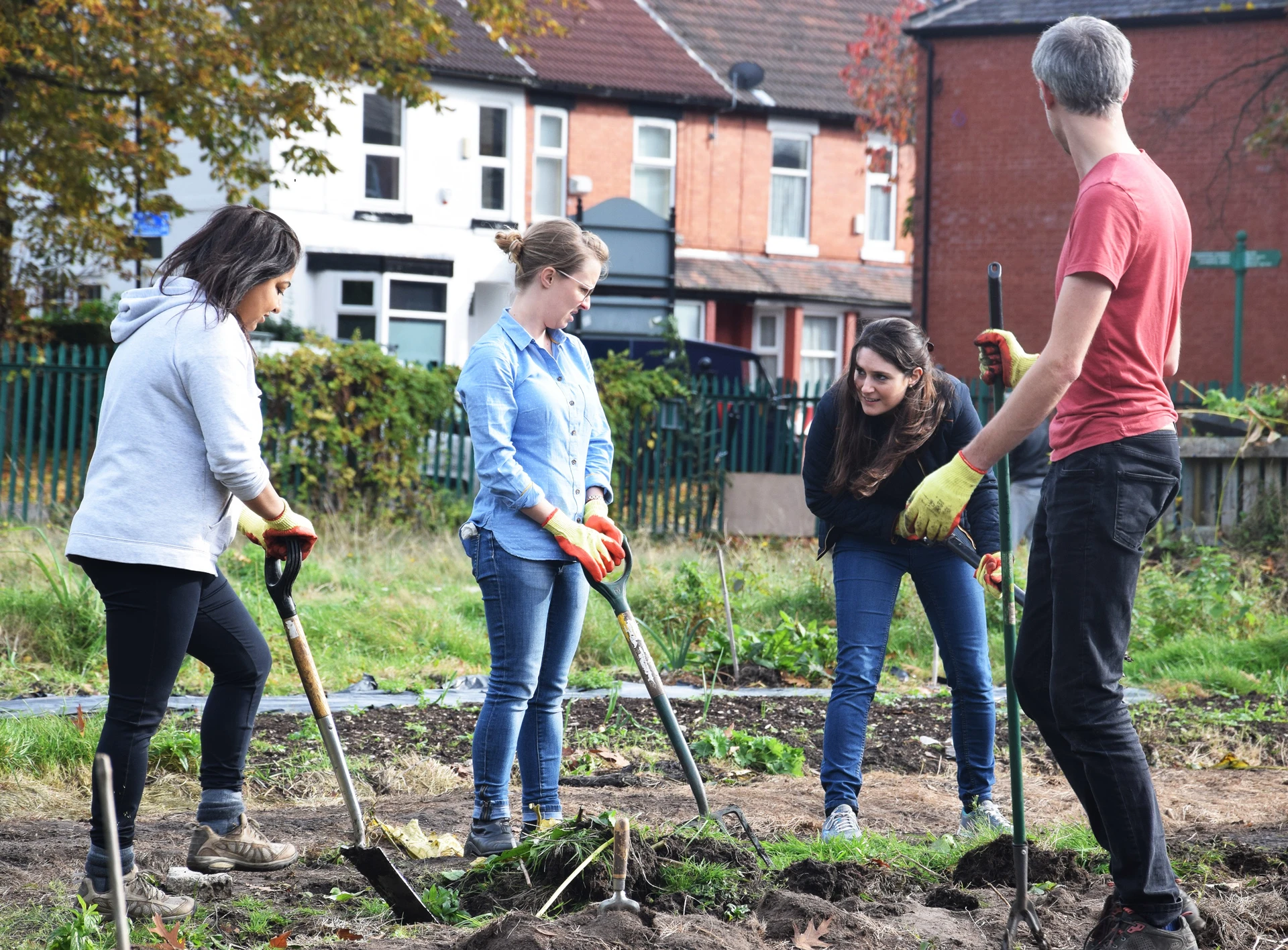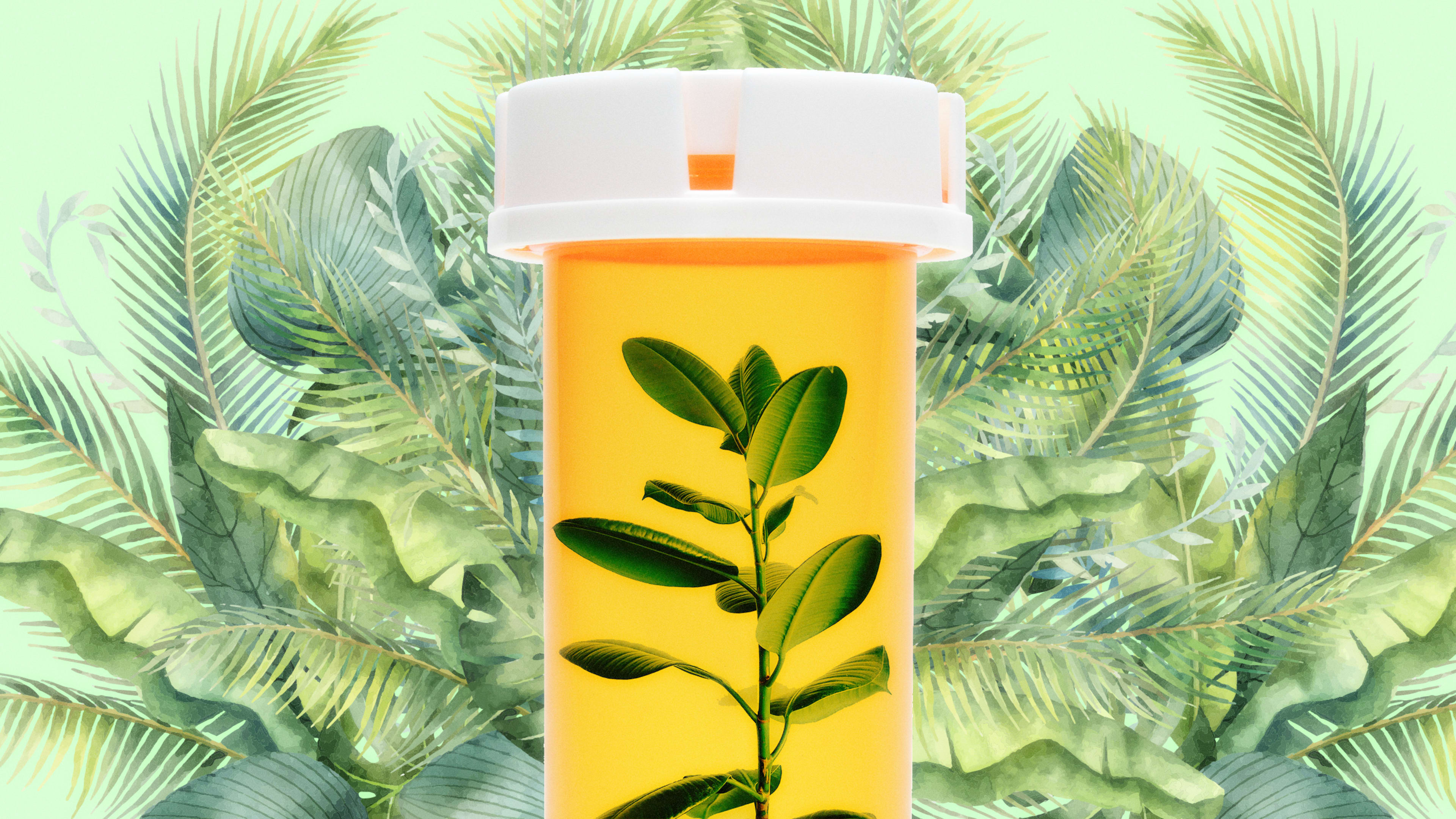If someone goes to the Cornbrook Medical Practice in Manchester, England, they might go home without new drugs, but with a plant. The office is one of the first to prescribe patients greenery to help treat anxiety and depression.
It’s based on the idea that being around nature—even something as simple as a single plant—can have health benefits. The office, which grows herbs like lemon balm and catmint on-site, also invites patients to later come back to garden with others. “There’s evidence that people who are socially isolated have worse health outcomes,” says Jon Ross, director of Sow the City, a local nonprofit that works with doctors and hospitals to add horticultural therapy. “We provide a kind of community project within the [doctor’s office] so that people can get together and do the food growing and the gardening together with other patients.”

While the idea of prescribing a plant is new, the nonprofit has been working with healthcare providers on gardening for a couple of years. At a hospital treating long-term patients with mental illness, for example, it helped establish a program called “Hospital Beds” that adds raised vegetable beds for patients on the hospital grounds so the patients have the benefit of spending time outside and socializing. “There’s quite a lot of unused space in hospitals, so you can start to use up that space for some good,” Ross says. “We’re also getting fresh fruit and veg right into the middle of where people need it . . . we really don’t have good food in our public hospitals.” In the low-income neighborhoods where the Sow the City works, there’s limited access to fresh food in general, so the gardens are also useful at doctors’ offices.

When setting up a new program at clinics, the nonprofit works with doctors and patients to decide what type of garden makes sense—a vegetable garden or just a place to relax—and then runs sessions to train patients on gardening. The herbs that doctor’s offices are prescribing are easy to care for. “We try and make it as easy as possible, and we set it up so that the plants are healthy to start with, and we train them on how to look after them,” he says.
Interest in gardens in healthcare is growing, says Ross, as the U.K.’s National Health Service grows more interested in finding ways to prevent illness. “There’s a limited amount of money, and they’ve realized that they can’t just keep paying to treat people,” he says. “They’re going to have to start thinking about preventing people from getting ill. That’s the big paradigm shift here in healthcare.”
Recognize your brand’s excellence by applying to this year’s Brands That Matter Awards before the early-rate deadline, May 3.
